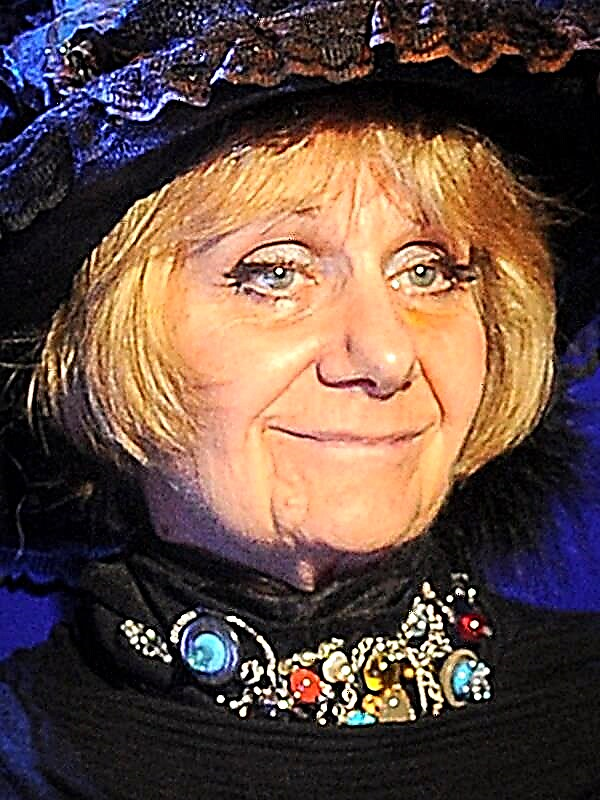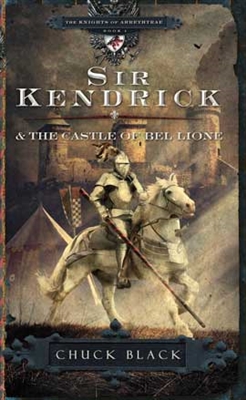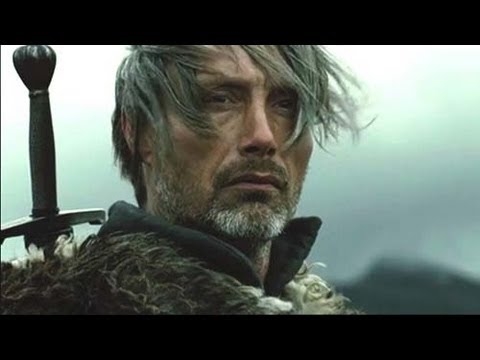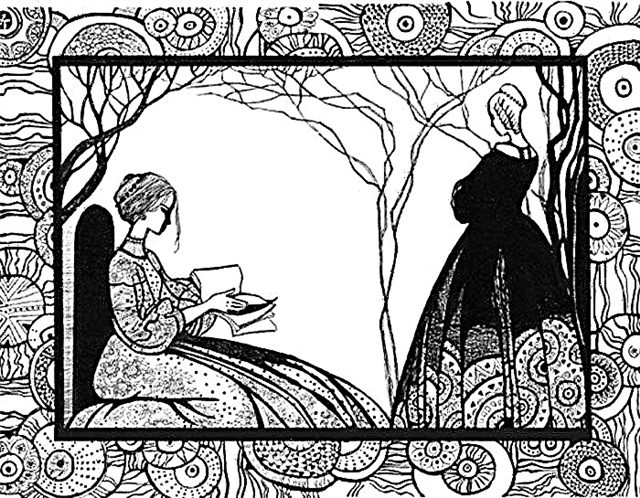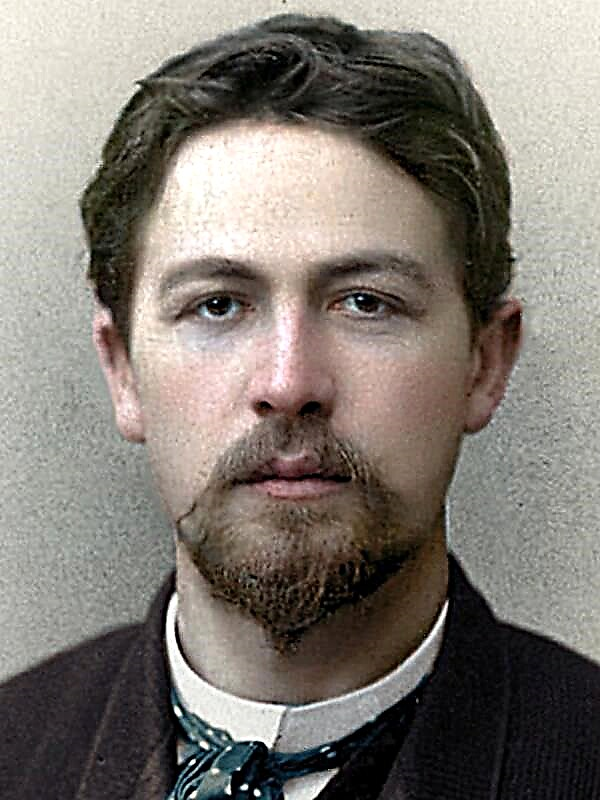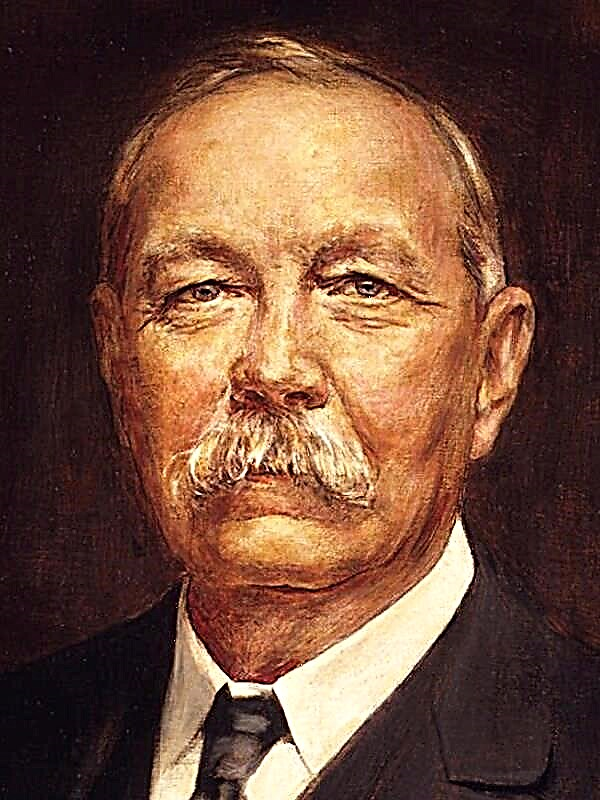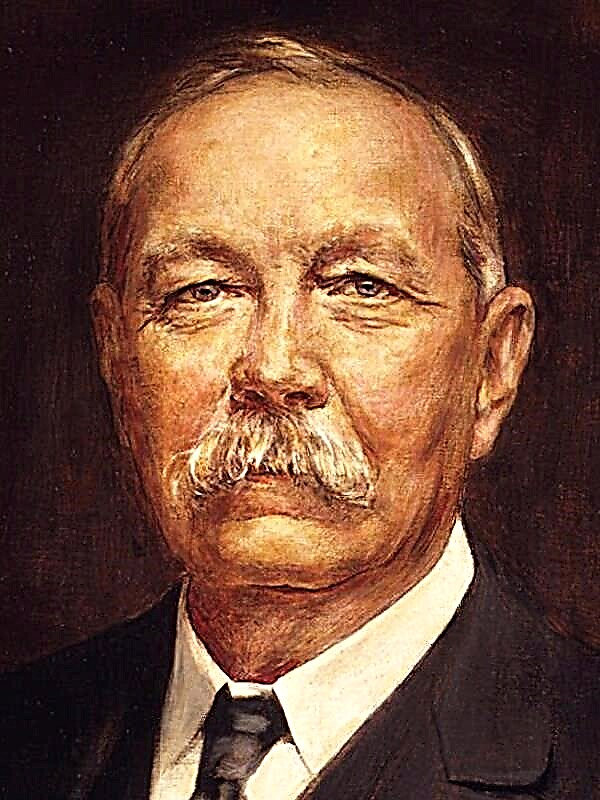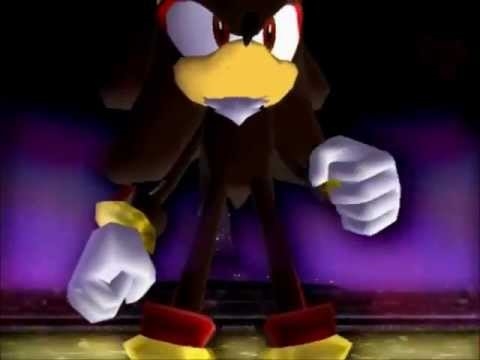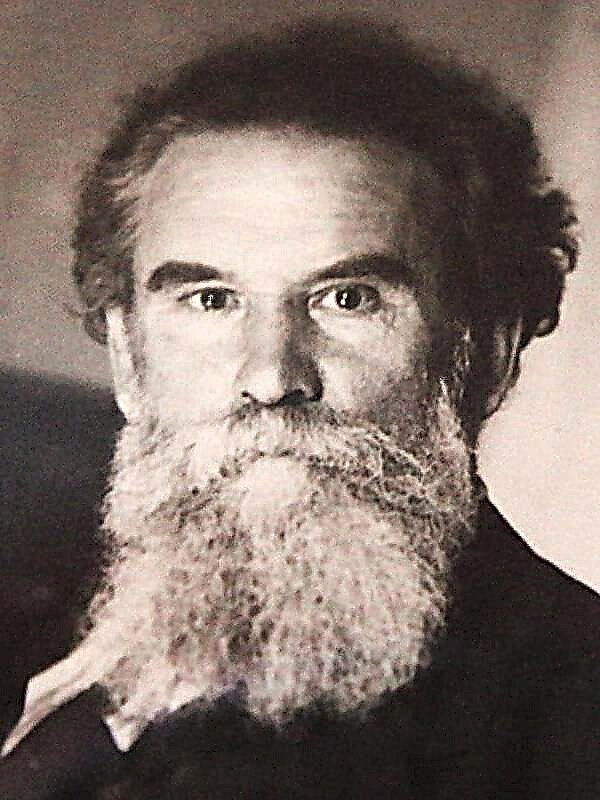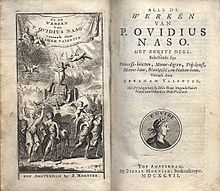(348 words) Emelian Pugachev is considered by Sergei Yesenin as an ambiguous personality. Pugachev probably impressed him. The author does not condemn, but, on the contrary, exposes the protagonist as a martyr. The poet undoubtedly shares the views of the rebel, but he tries to maintain neutrality, allowing the reader to form his own opinion and determine for himself who Emelyan Pugachev was after all: an altruist with a meek character, who cares for freedom and equality, or a rebel and impostor, who pursues selfish goals.
At the beginning of the poem, we see how tired Pugachev arrives in the Yaitsky town. Emelyana cares about the life of the people, he is deeply concerned about the plight, he is indignant at the wretched, hungry existence of people. In a conversation with a Cossack guard, he learns that the worthy life of the people ended with the death of the third Peter and that people are waiting for their “peasant king” who dares to lead the rebellion, thus challenging Catherine. This idea inspires Pugachev, he does not know the fear of power, and he calls himself Peter III. It’s difficult for him to give someone else’s name, but it is this name, according to the rebel, that can become the best catalyst for the uprising of the people. It is noteworthy that the hero had the opportunity to freely enter Asia, preserving both the army and his own influence in it. But revenge on Catherine seemed sweeter than a quiet life. The army, led by Emelyan, wins easy, at first glance, victories. But as soon as the peasant regiments overtook the first defeat, the discord was brewing in them. Awareness of the impending death makes the rebels think about survival, not about war. Cossacks in fear of the government and with the hope of pardon carry out a conspiracy against Yemelyan, offering him to bow his rebellious head. Pugachev could not have expected a betrayal from his “dear and good”, so what he heard does not fit into his head. Even in the face of death, he is not inclined and calls to continue the uprising, but in vain. Resigned to treason, he takes revenge, killing one of the Cossacks with a shot, and they grab and bind him, destroying the idea of a dreamer warrior.
Yesenin himself came from the village, so the leader of the peasant uprising in his eyes was a man of honor. Pugachev saw how the people trample on the nobility, and led the resistance, becoming the messiah, doomed to slaughter. In his speech, there is no hope of victory, but there is a goal: to show the authorities that the patience of poor people has its limits. For her sake, he did not spare his life, and for this is worthy of respect.

 The subtle art of indifference
The subtle art of indifference